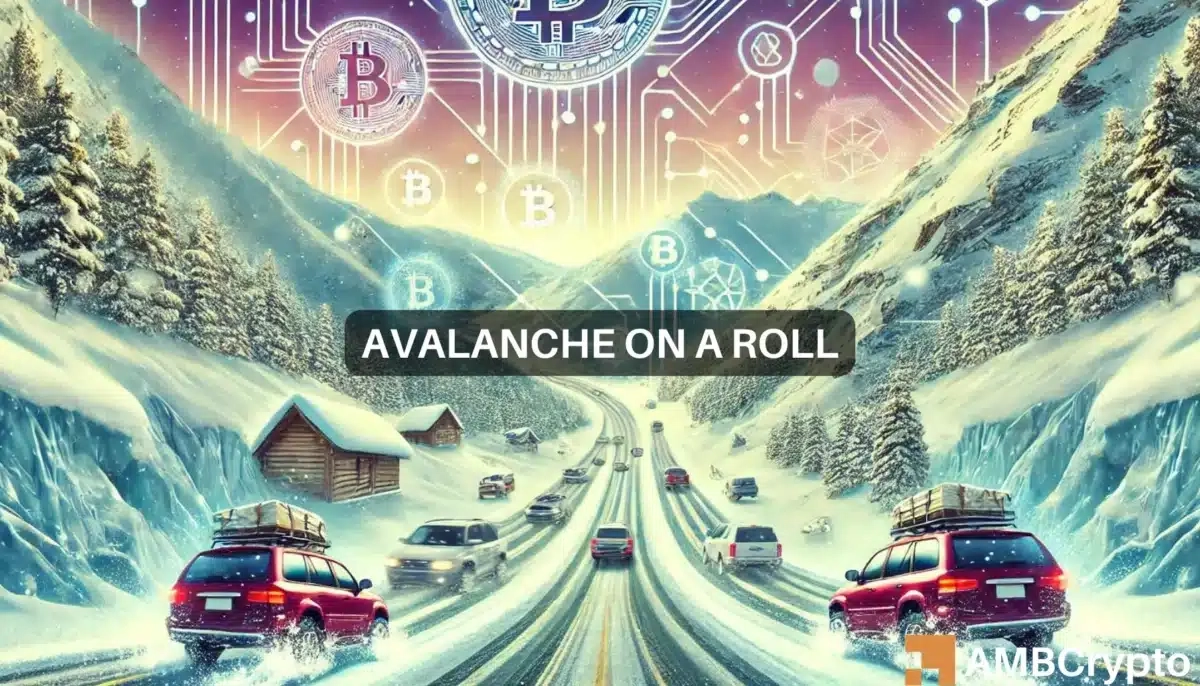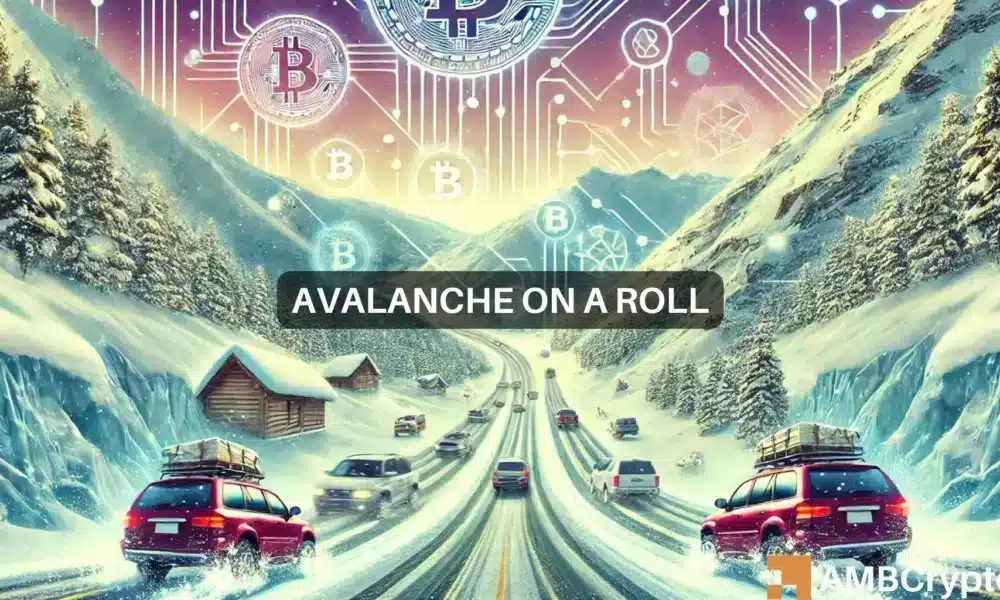
![]()
contributor
California’s Department of Motor Vehicles (DMV) has successfully digitized over 42 million car titles using the Avalanche blockchain. This ambitious project aims to simplify and streamline the title transfer process, significantly reducing the risk of fraud and cutting down the necessity for physical visits to the DMV.
Initiated in collaboration with Oxhead Alpha, the project leverages the robust capabilities of the Avalanche network to bring about a more efficient and secure system for managing car titles.
The digitization of car titles is a transformative step for the DMV. By using blockchain technology, the process of transferring car titles is not only expedited but also made more transparent and secure. Traditional methods often involve paperwork and in-person visits, which can be cumbersome and time-consuming. With blockchain, the DMV can offer a seamless, digital alternative that minimizes these inefficiencies.
One of the primary advantages of using blockchain for car titles is the enhanced security it provides. Blockchain’s decentralized nature ensures that data is tamper-proof and verifiable. This reduces the likelihood of fraudulent activities, such as title forgery or duplicate registrations, providing car owners and buyers with greater peace of mind.
Additionally, the transparent nature of blockchain transactions means that all parties involved in a title transfer can verify the authenticity and accuracy of the information in real-time.
The collaboration with Oxhead Alpha on the Avalanche network has been pivotal in bringing this project to fruition. Avalanche is known for its high throughput and low latency, making it an ideal platform for handling the large volume of transactions associated with car title transfers. This ensures that the system can handle the demands of California’s large population while maintaining speed and efficiency.
Blockchain’s real-world use case
Beyond the DMV, blockchain technology is increasingly being adopted by banks and governments for various real-world applications. For instance, Santander, a major global bank, has utilized blockchain for international money transfers, significantly reducing the time and cost associated with cross-border transactions.
Similarly, the government of Estonia has implemented blockchain technology in its e-Residency program, allowing global citizens to establish and manage a digital identity for business purposes.
Another notable example is the Australian Securities Exchange (ASX), which is transitioning to a blockchain-based system for clearing and settling trades. This move aims to enhance the transparency and efficiency of the financial markets, demonstrating the broad potential of blockchain technology in various sectors.
Here, it’s worth pointing out though that this update had little effect on AVAX’s price action on the charts. At the time of writing, it was valued at $25.32, having fallen by over 20% in the last 7 days alone.




